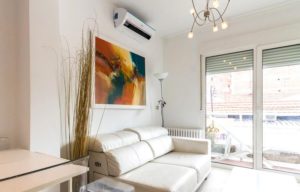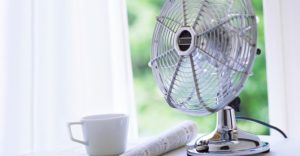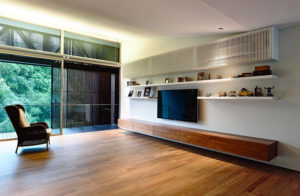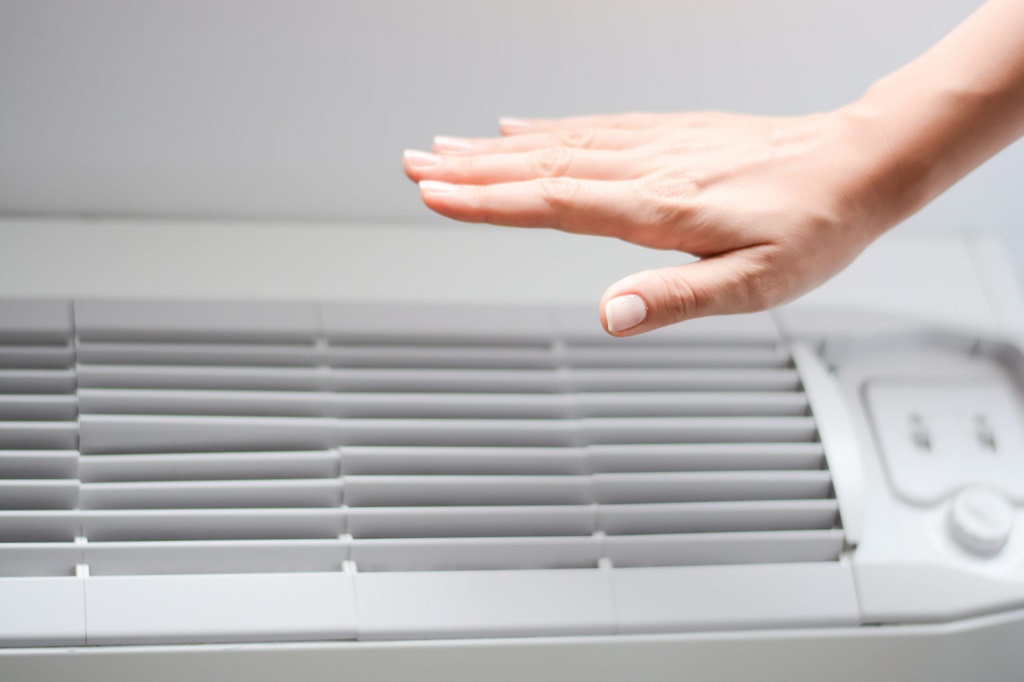
Ah, the dreaded power outage. Lights flicker, electronics go dark, and worst of all, your air conditioner goes silent, leaving you sweltering in the heat. But fear not! In many cases, a simple fix can get your AC blowing cool air again once the power returns. This guide outlines the steps you can take to troubleshoot your AC after a power outage, empowering you to tackle the problem yourself or determine if professional help is needed.
Understanding the Problem:
There are several reasons why your AC might not be blowing cool air after a power outage. Here are some common culprits:
- Tripped Circuit Breaker: A power surge during the outage might have tripped the circuit breaker connected to your AC unit.
- Blown Fuse: Older electrical systems might utilize fuses instead of circuit breakers. If a fuse blows, your AC won’t receive power.
- Frozen Coils: Rapid temperature fluctuations during a power outage can cause the evaporator coil to freeze. This prevents cool air from circulating.
- Damaged Components: In rare cases, a power surge could damage internal AC components, requiring professional repair.
The Essential Toolbox: Safety First!
Before troubleshooting, ensure your safety:
- Turn Off the Power: Always turn off the power to your AC unit at the circuit breaker before attempting any troubleshooting steps.
- Locate the Breaker: The circuit breaker box is typically located in your garage, basement, or utility closet. Identify the breaker labeled “AC” or “HVAC” and switch it to the “Off” position.
Troubleshooting Steps:
1. Check the Circuit Breaker:
- Locate the circuit breaker box and identify the one controlling your AC.
- If the switch is in the “Off” position, it has tripped. Flip the switch firmly to the “On” position.
- Wait a few minutes to see if the AC unit restarts.
2. Reset the Thermostat:
- Even if the power returns, your thermostat might need a reset.
- Turn the thermostat completely off, wait a few seconds, and then turn it back on to its cooling setting.
3. Check the Air Filter:
- A clogged air filter can restrict airflow and reduce cooling efficiency. Locate the air filter and check if it’s dirty.
- If visibly dirty, clean or replace the filter according to the manufacturer’s instructions.
4. Inspect the Outdoor Unit:
- Once the power is off, visually inspect the outdoor unit (condenser) for any debris blocking the airflow.
- Remove any leaves, twigs, or other obstructions.
What if My AC Still Isn’t Blowing Cool Air?
If you’ve tried these steps and your AC remains unresponsive, here’s what to do next:
- Wait for the Ice to Melt (if applicable): If you suspect frozen coils, turn off the AC completely (both at the thermostat and circuit breaker) and allow the ice to melt naturally. This can take several hours. Don’t try to speed up the process by pouring hot water on the coils, as this can damage the unit.
- Consider Calling a Professional: If these steps don’t solve the problem, or if you’re uncomfortable troubleshooting electrical components, it’s time to call a qualified HVAC technician. They can diagnose the issue and perform any necessary repairs.
Beyond the Basics: Preventative Measures
Here are some tips to minimize the risk of AC problems after a power outage:
- Surge Protector: Consider installing a surge protector on your AC unit to safeguard it from power surges during outages.
- Regular Maintenance: Schedule regular AC maintenance by a qualified technician. This helps identify potential problems before they become major issues.
- Clean Filters: Change or clean your air filters regularly to ensure optimal airflow and efficiency.
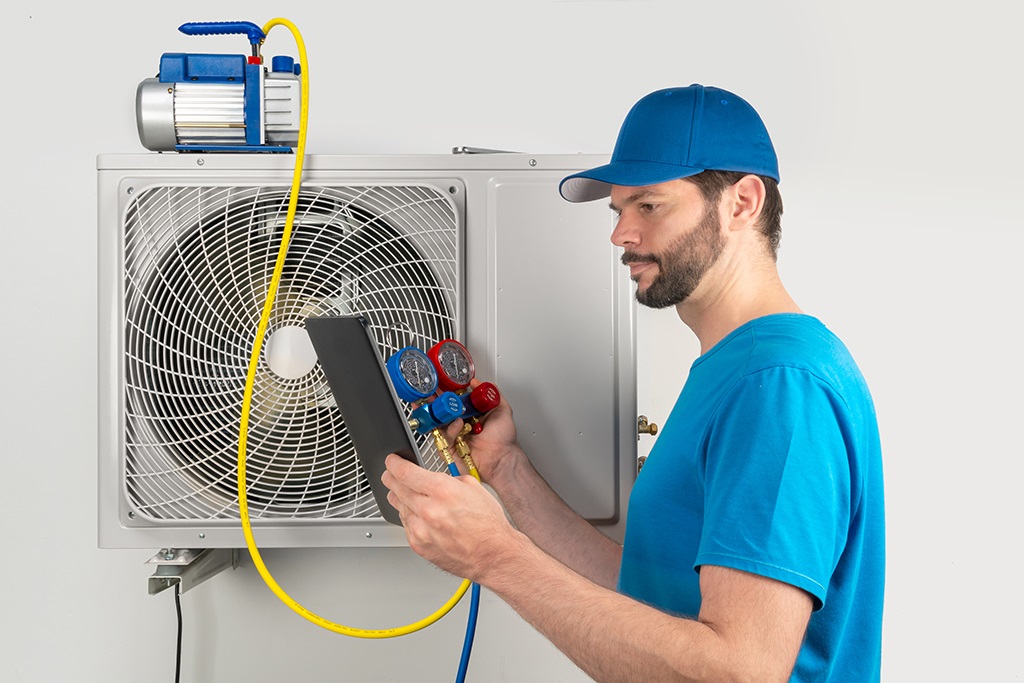
When to Call a Professional Immediately:
While the troubleshooting steps above can address many common issues, there are situations where immediate professional help is necessary:
- Burning Smells: If you detect any burning smells coming from your AC unit, turn it off immediately and call a technician. This could indicate a serious electrical issue.
- Strange Noises: Unfamiliar noises like grinding or clanging coming from the AC unit warrant a professional inspection.
Related: Exploring the Types of Air Conditioners for Your Home
Conclusion: Keeping Your Cool When the Power Goes Out
By following these steps and understanding the potential causes, you can often troubleshoot a post-power outage AC issue yourself. However, if the problem persists or you’re unsure about any step, don’t hesitate to call a qualified HVAC technician. Remember, a well-maintained AC unit is less likely to experience problems after a power outage, so prioritize regular maintenance to keep your cool all summer long.





